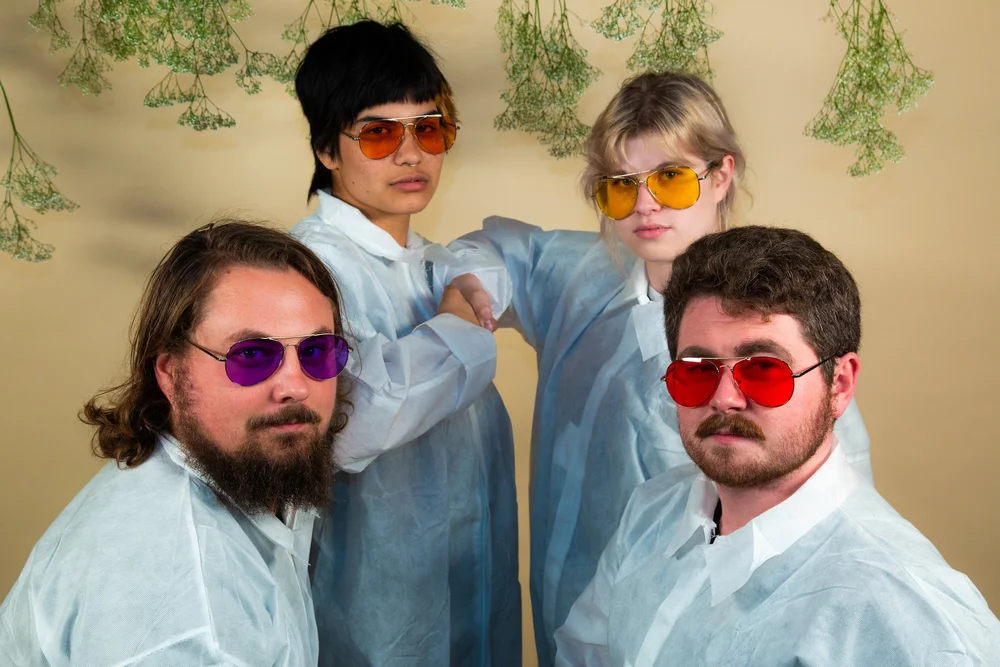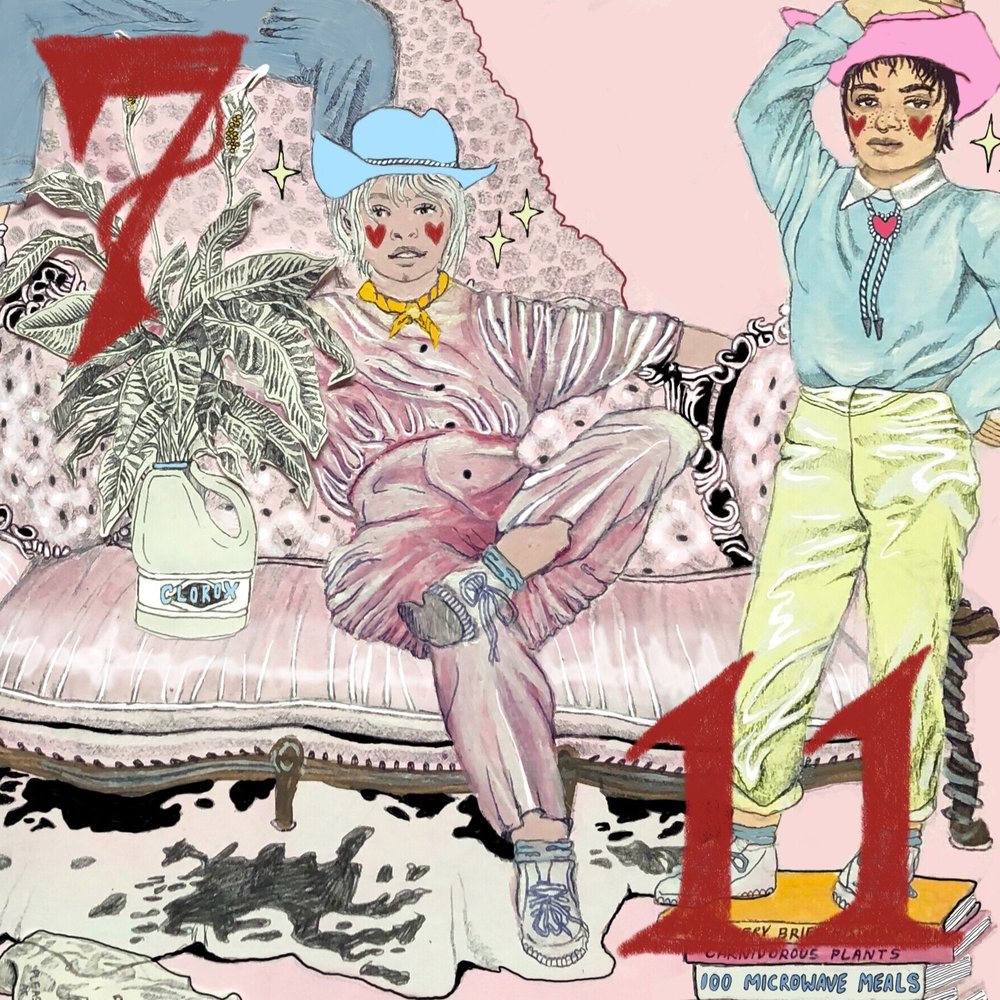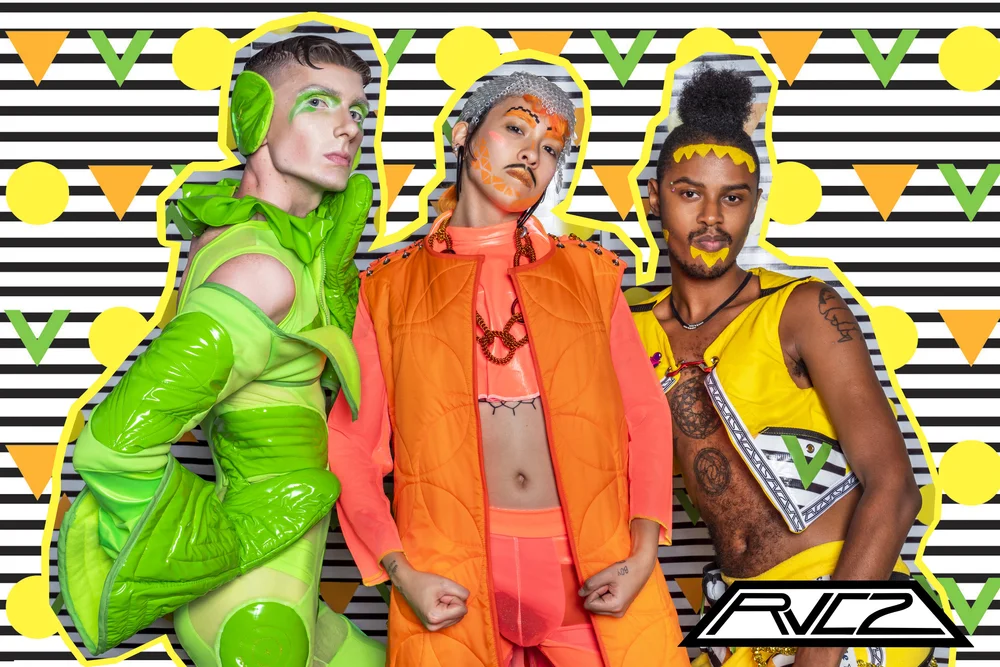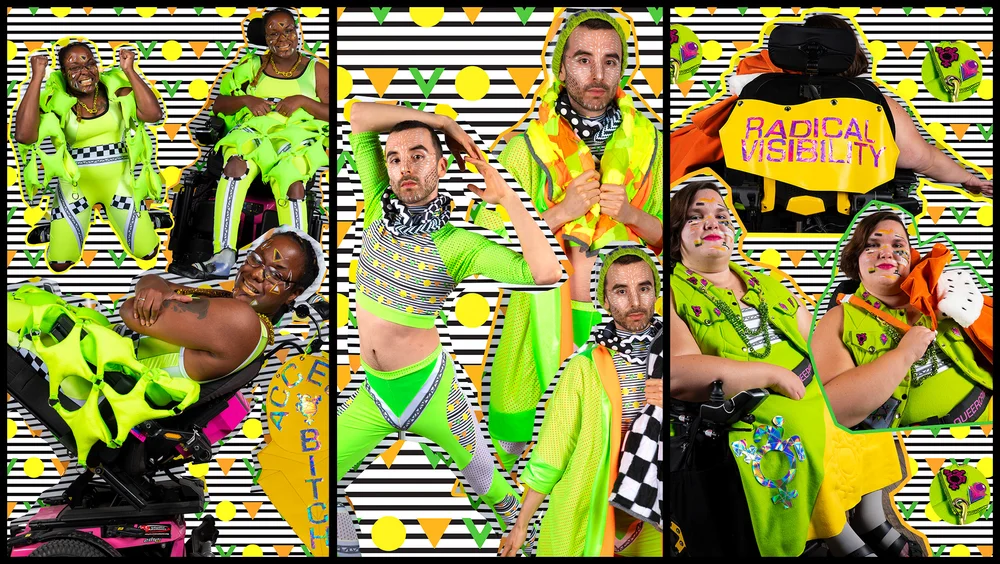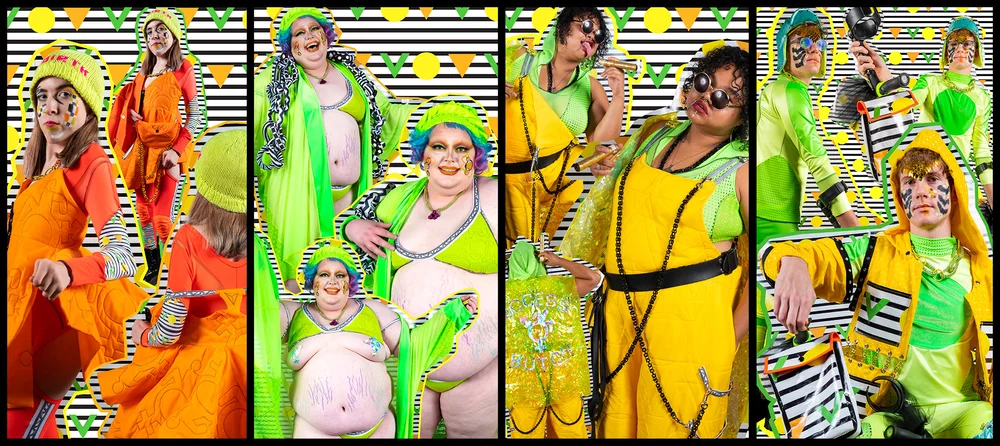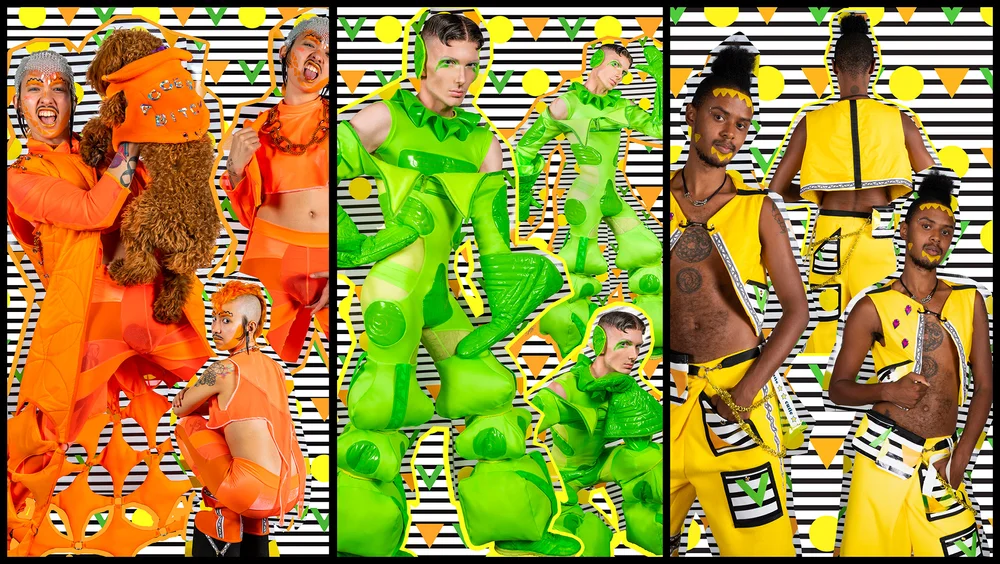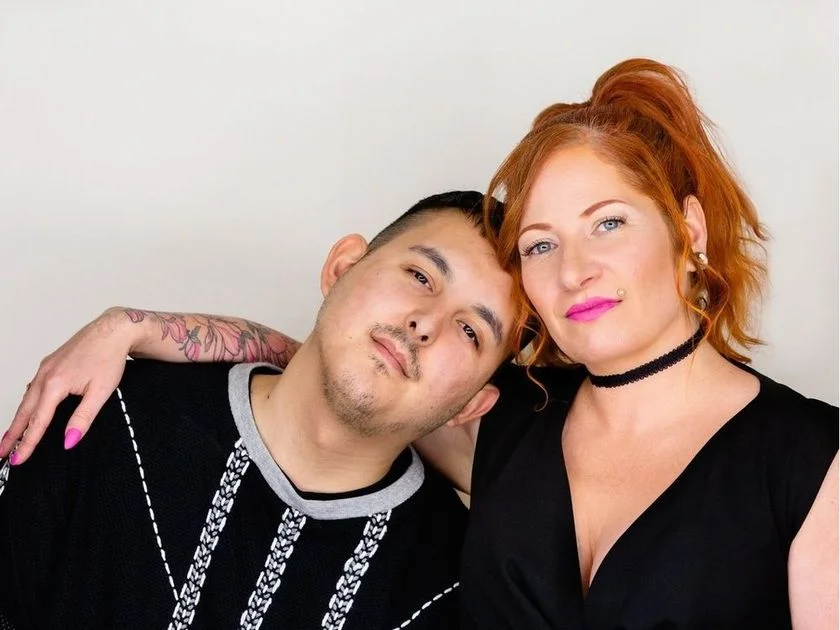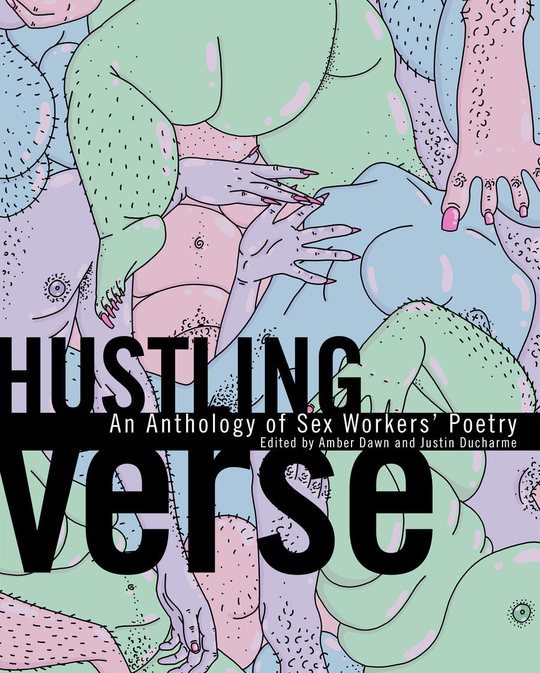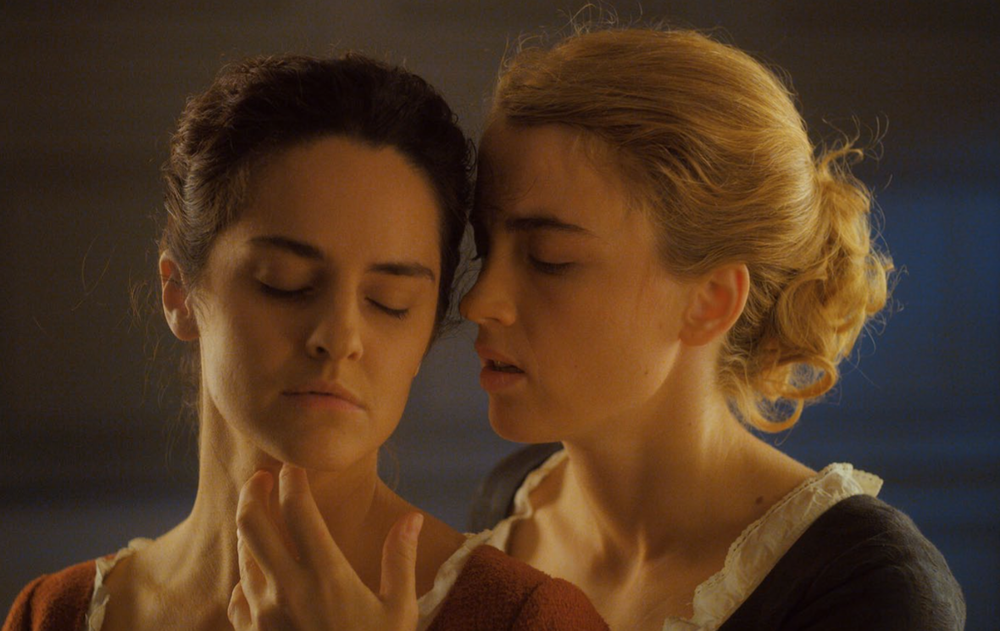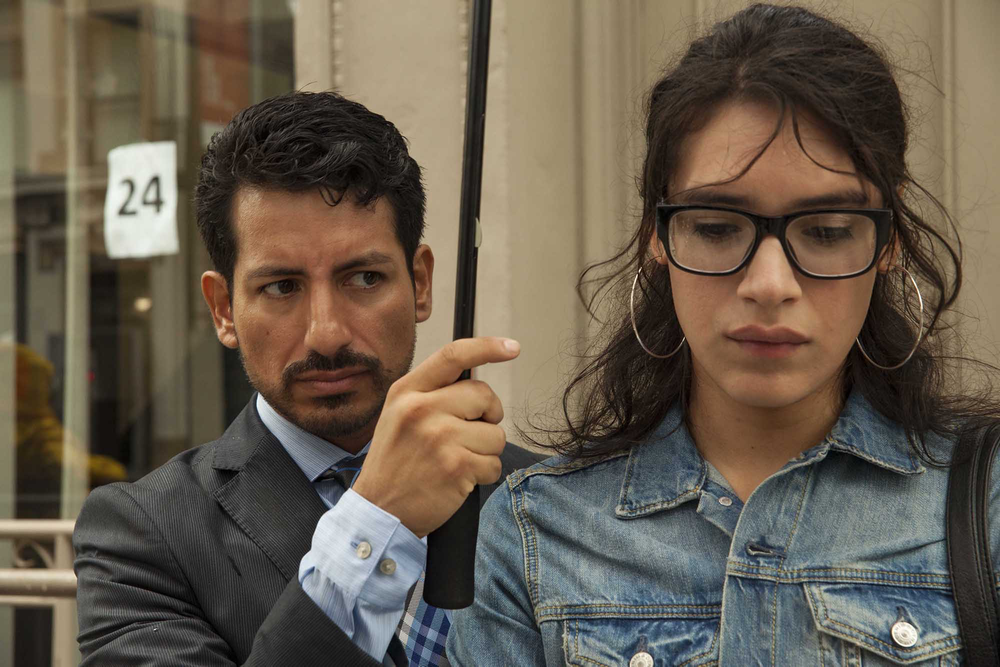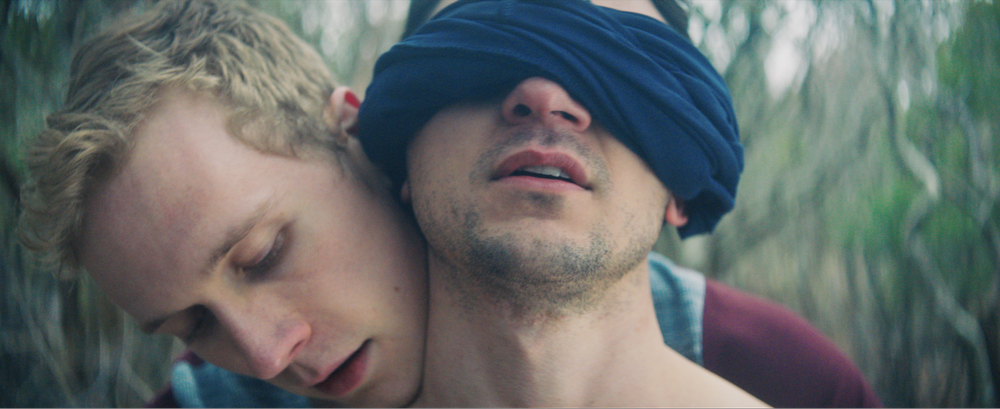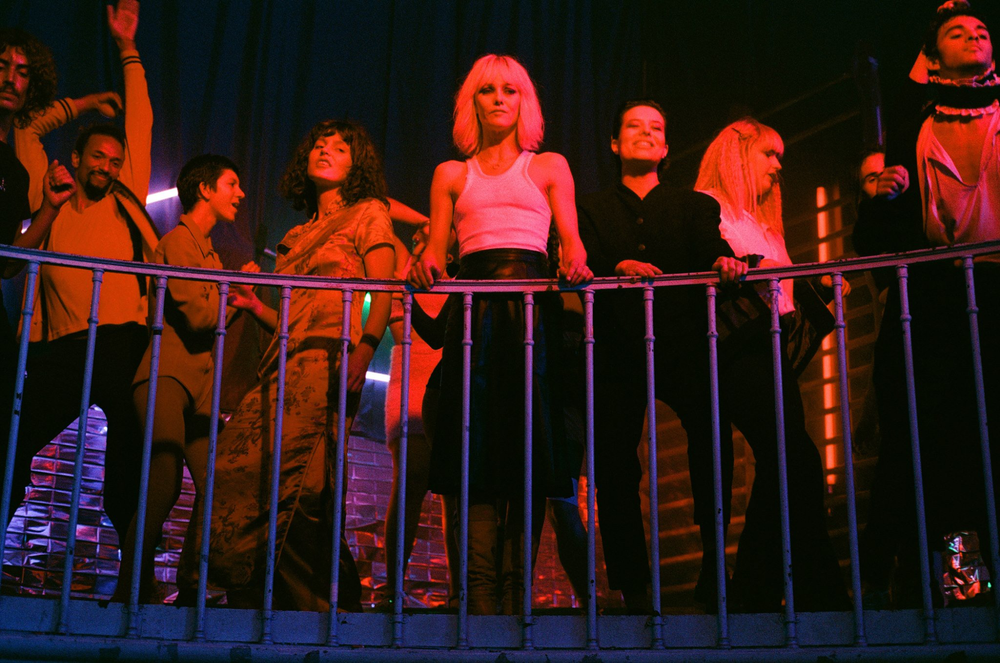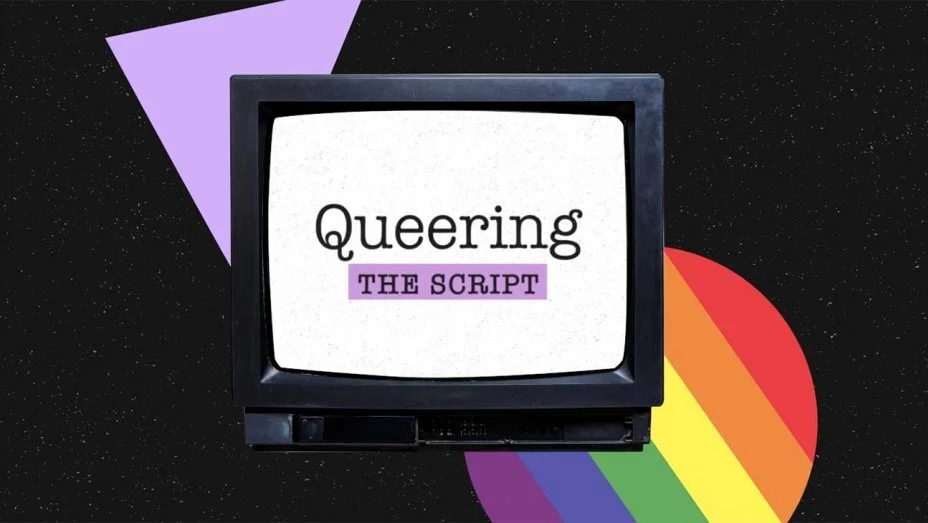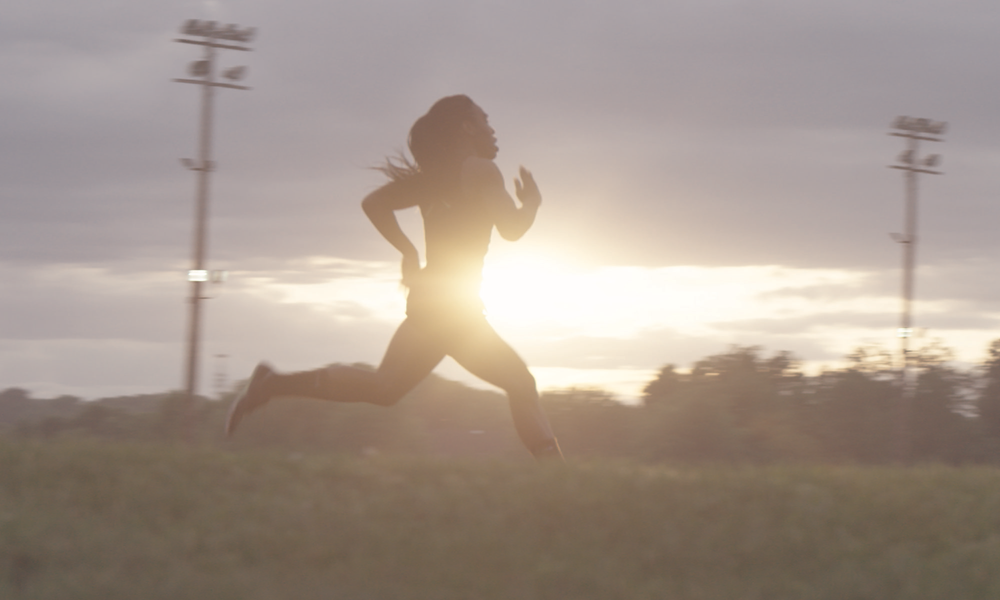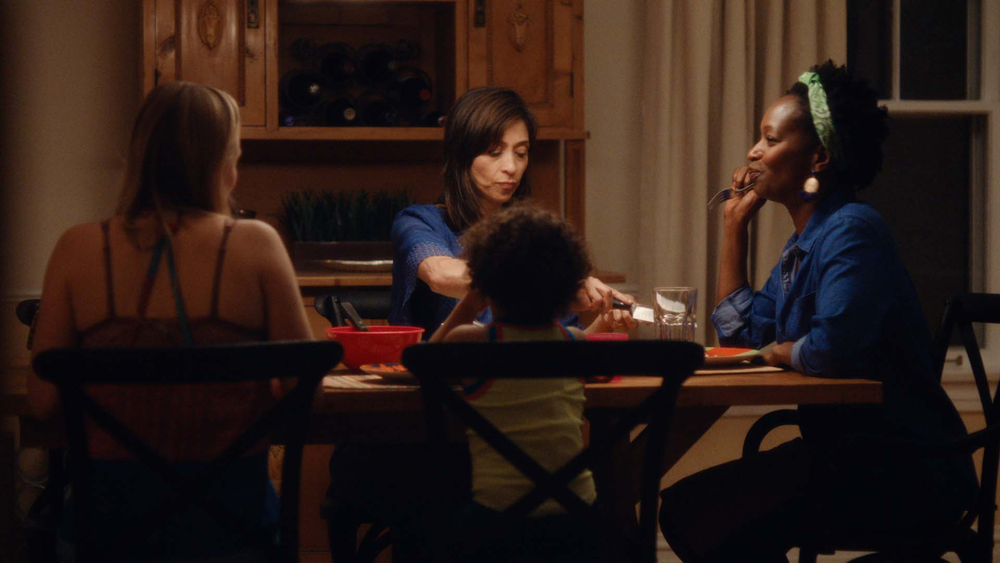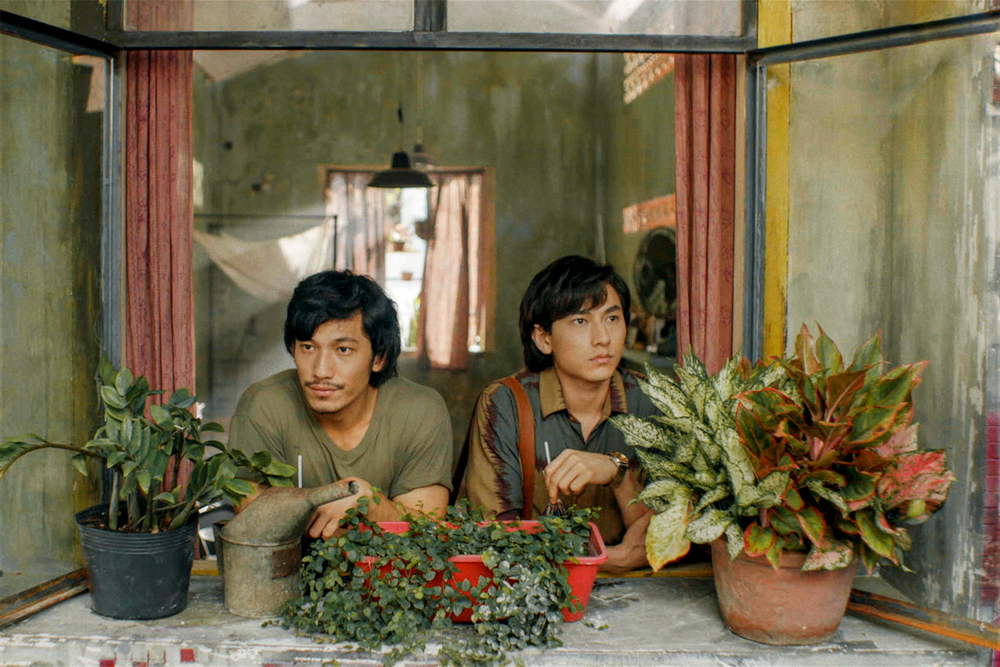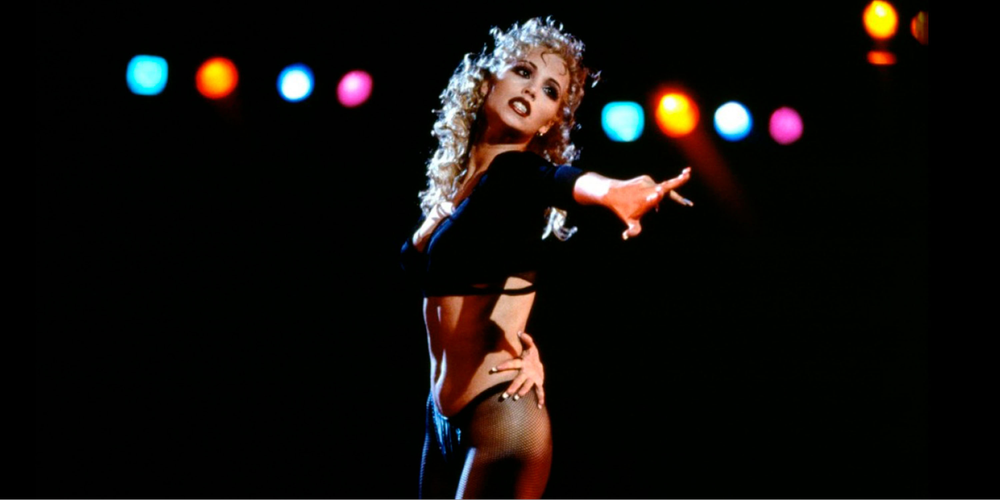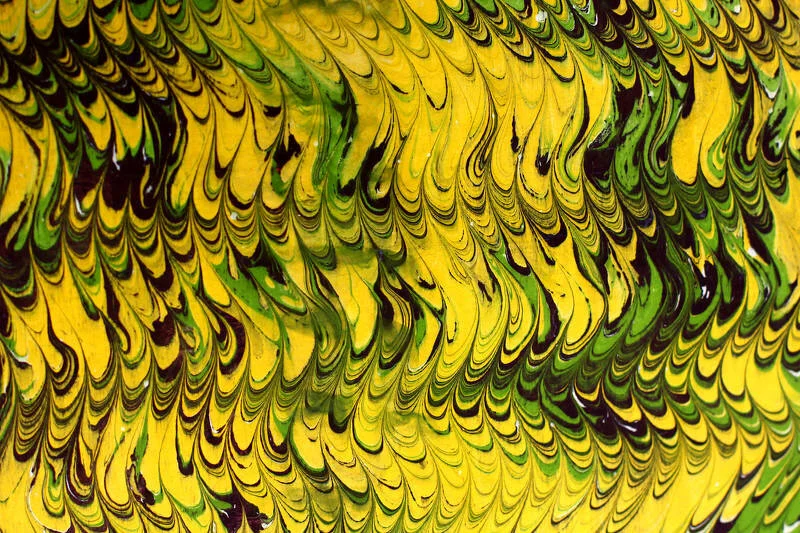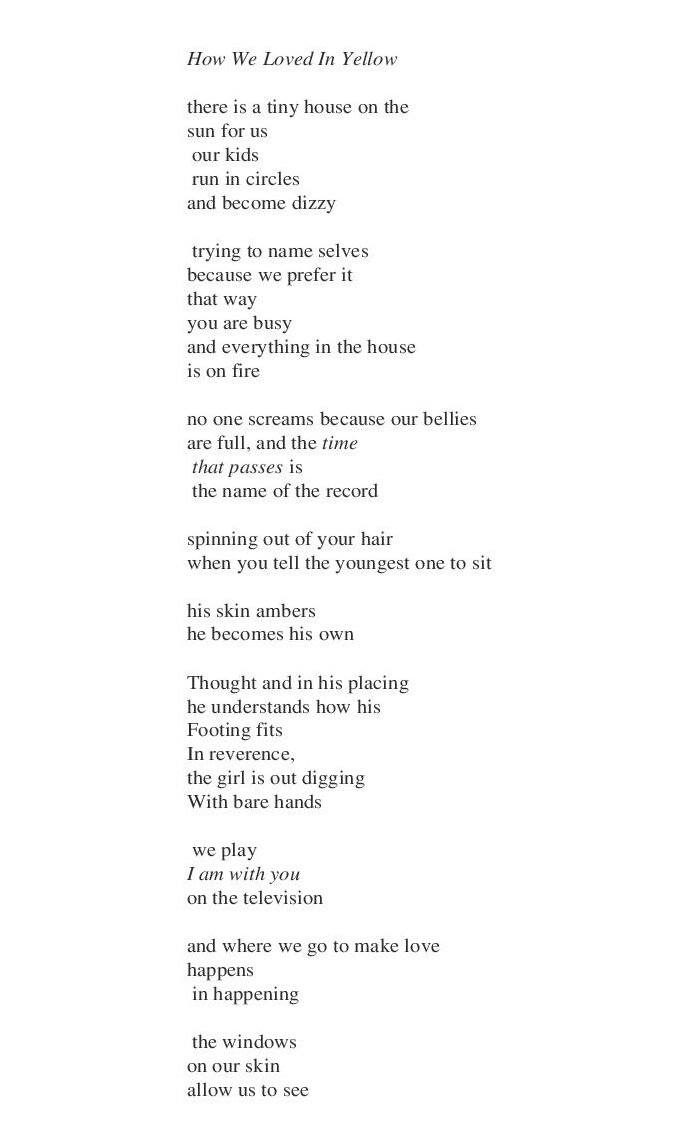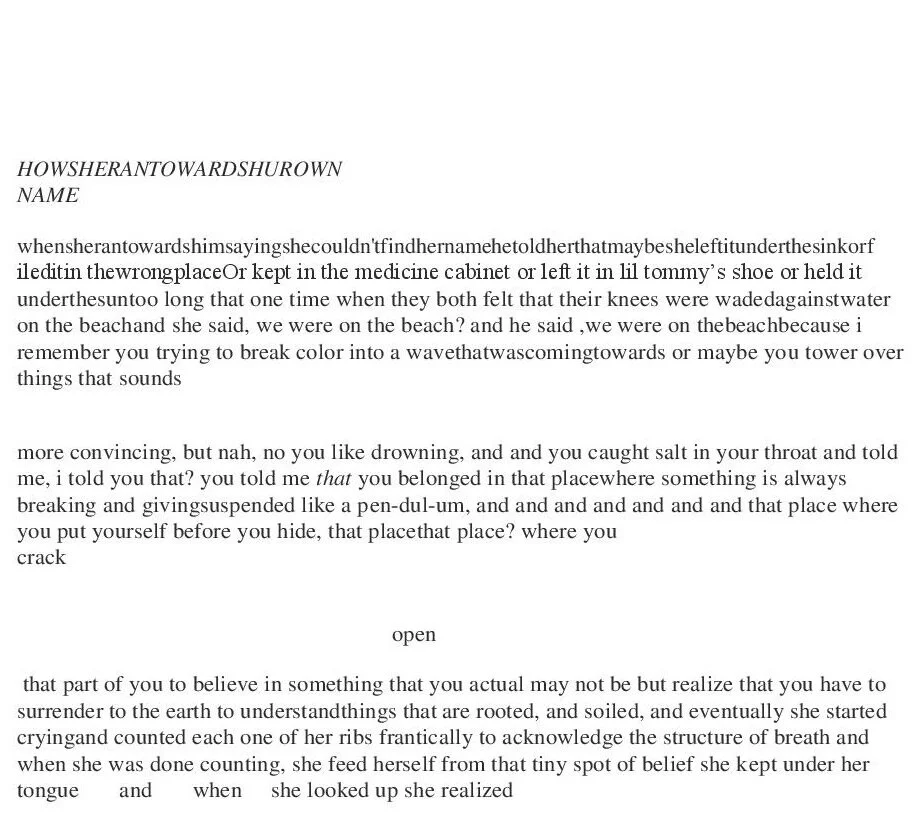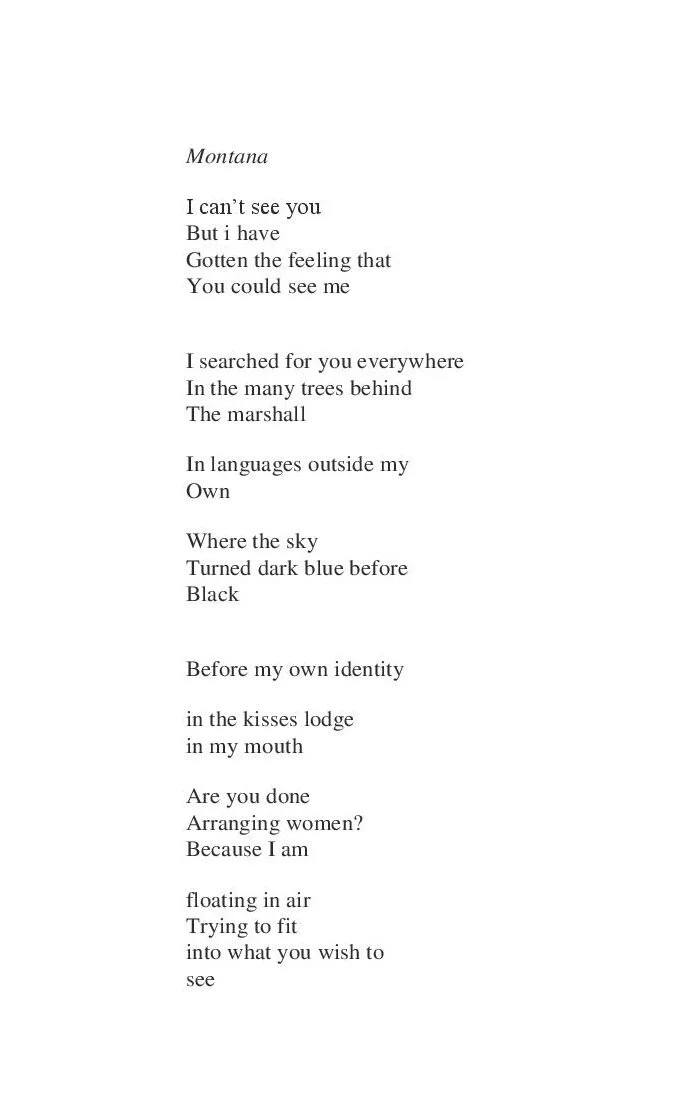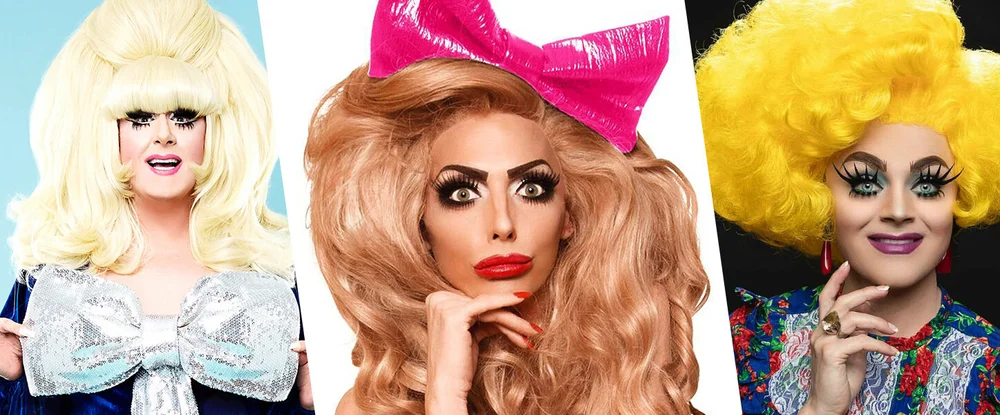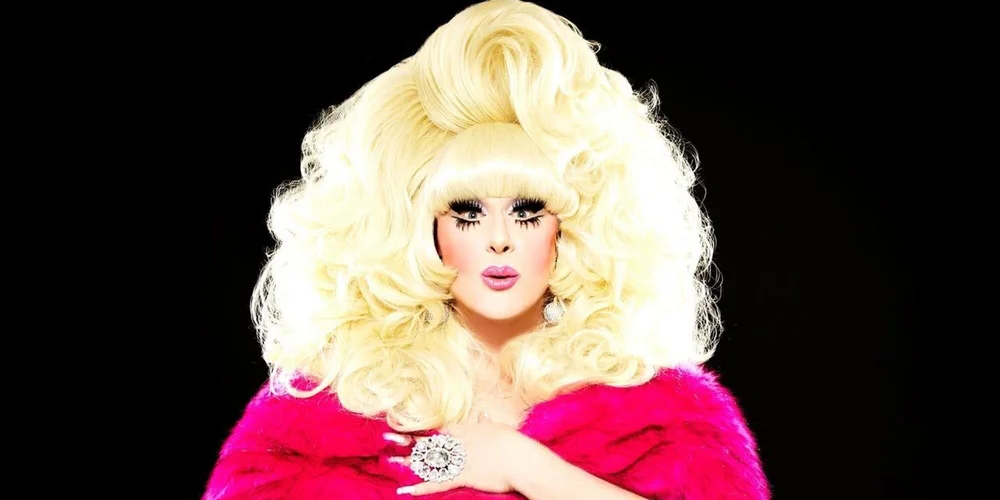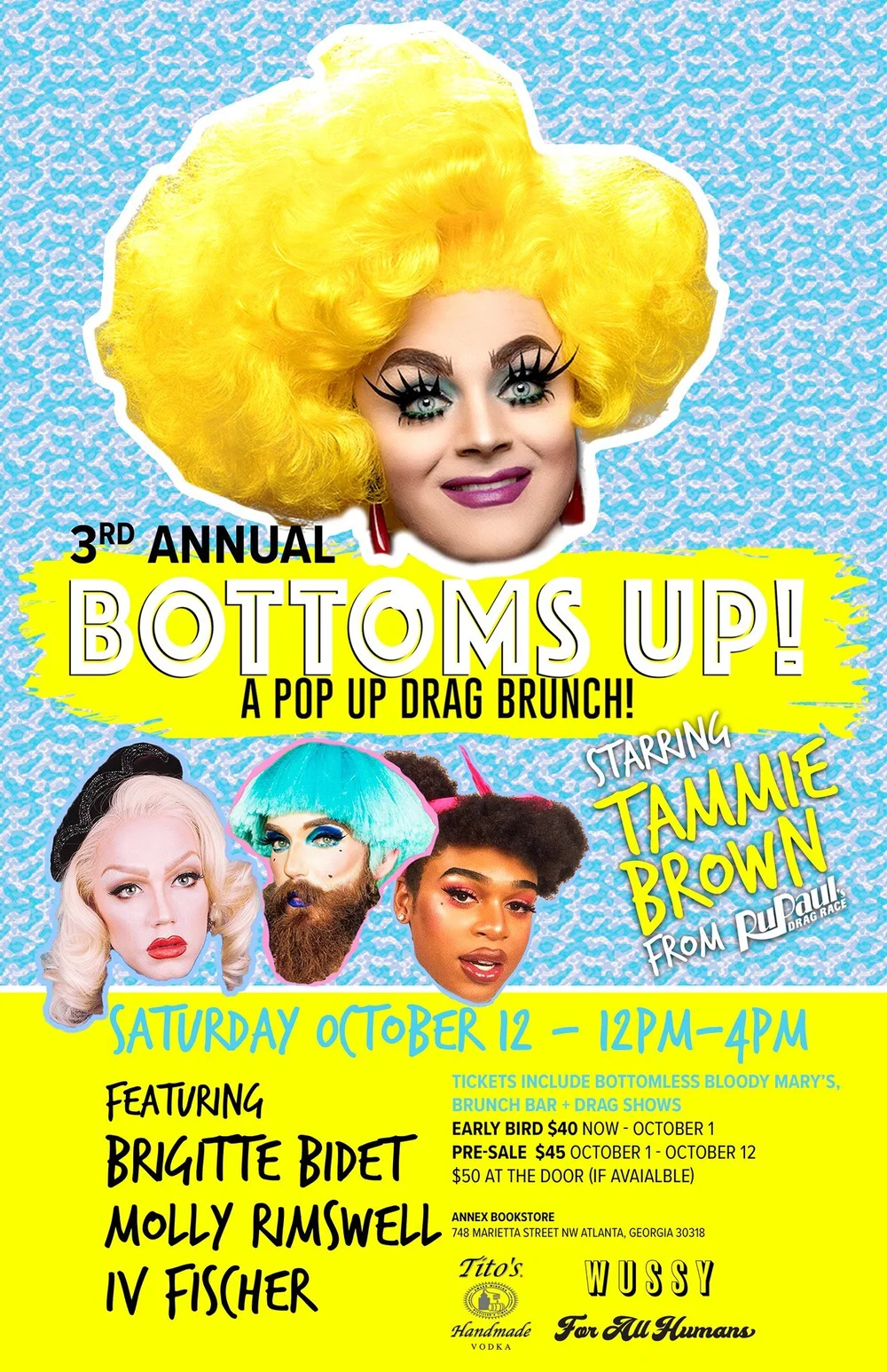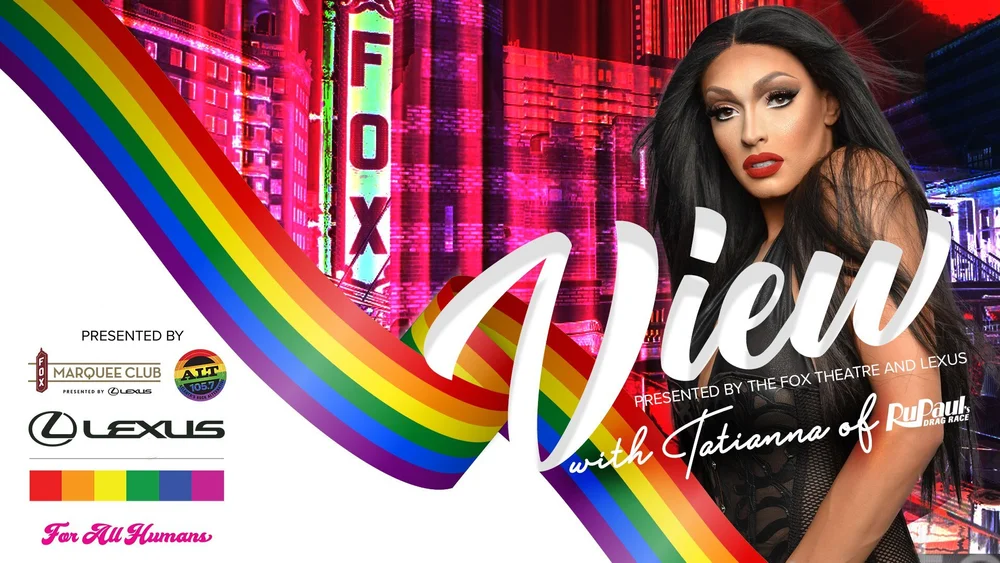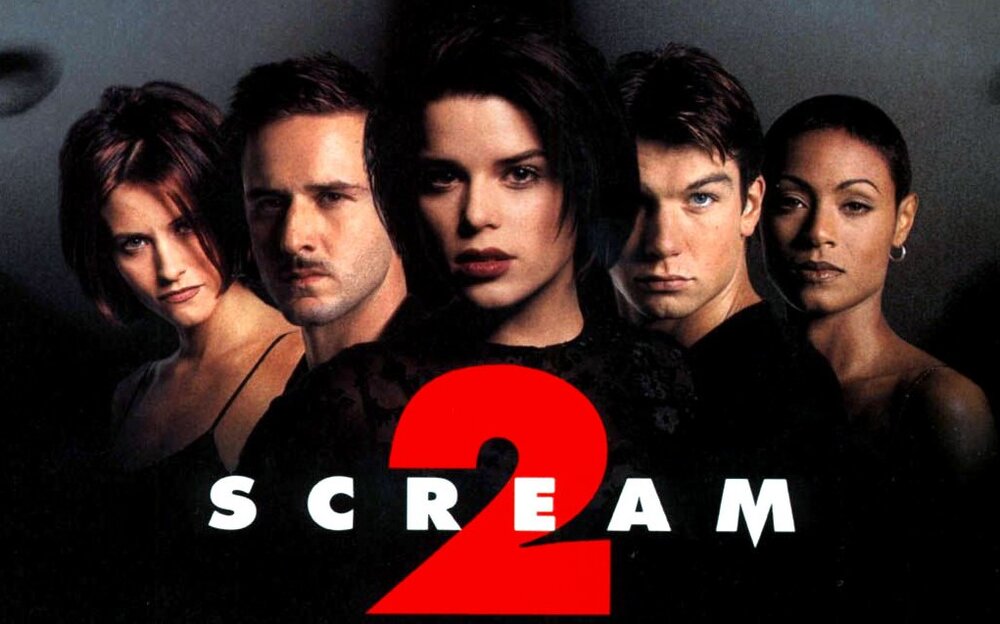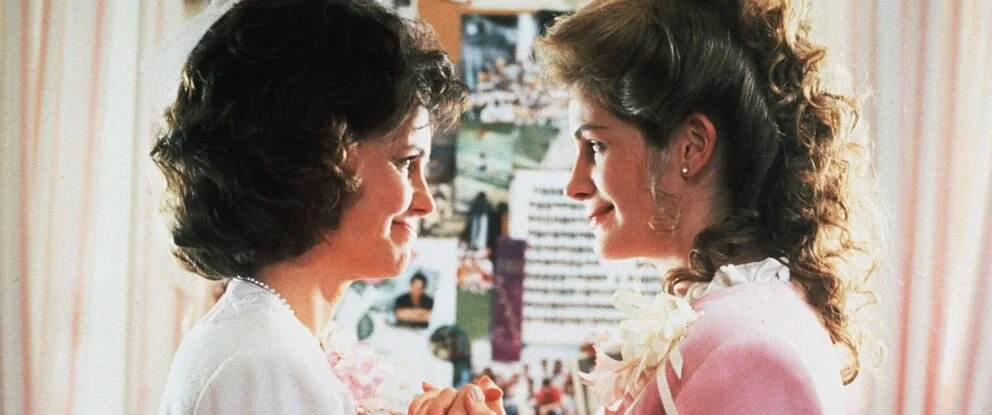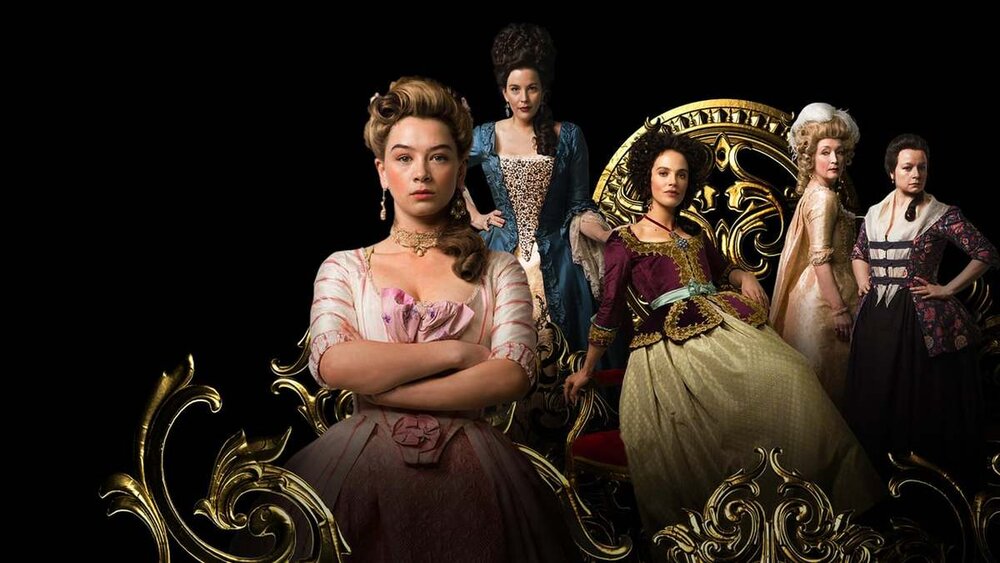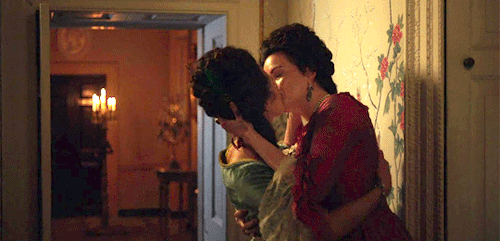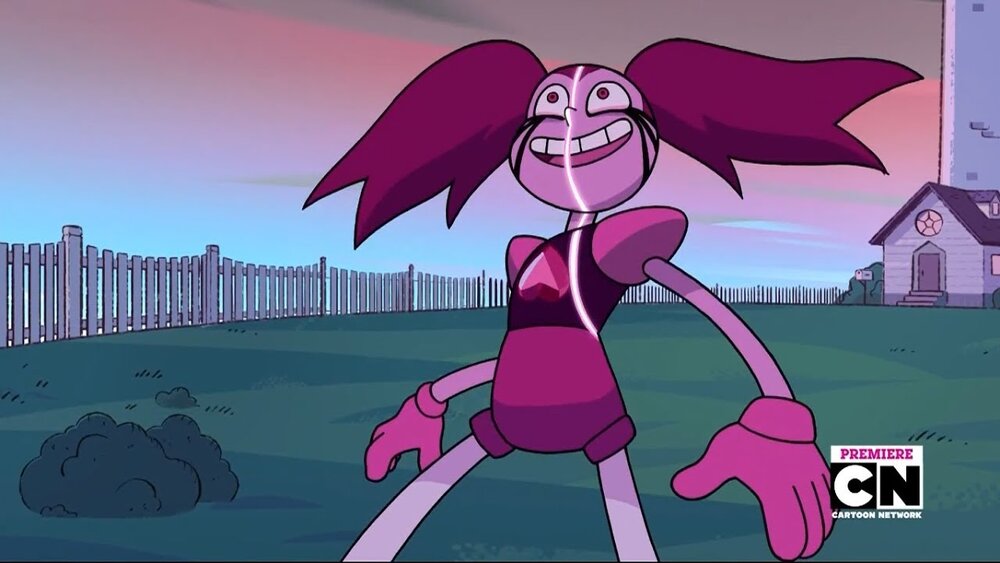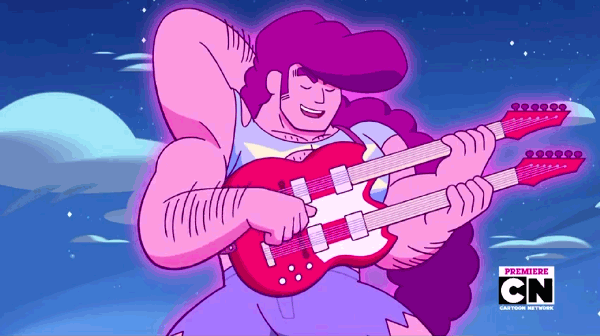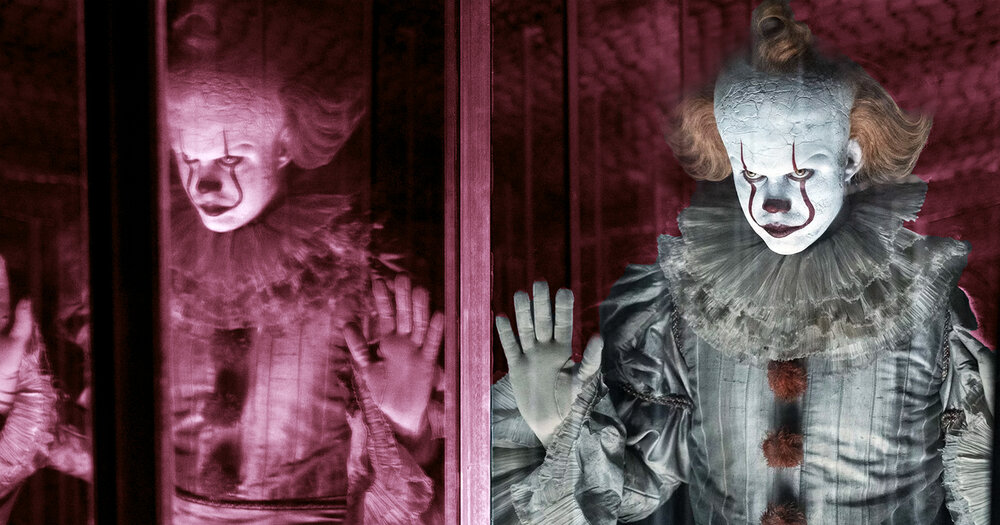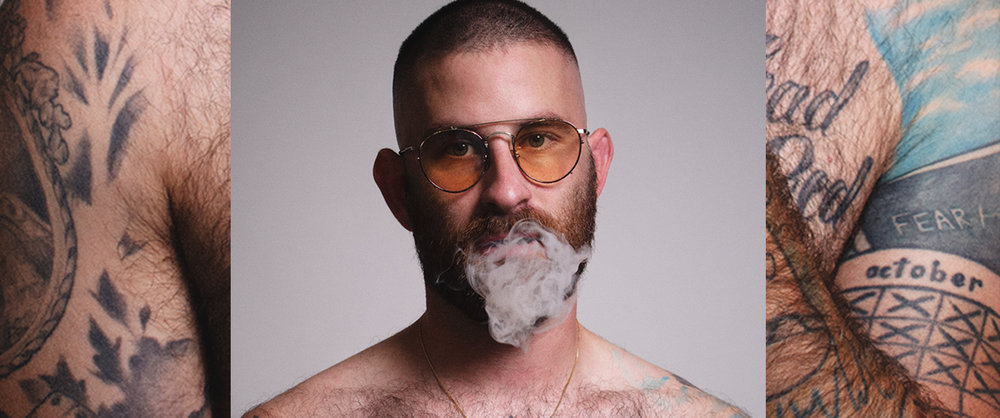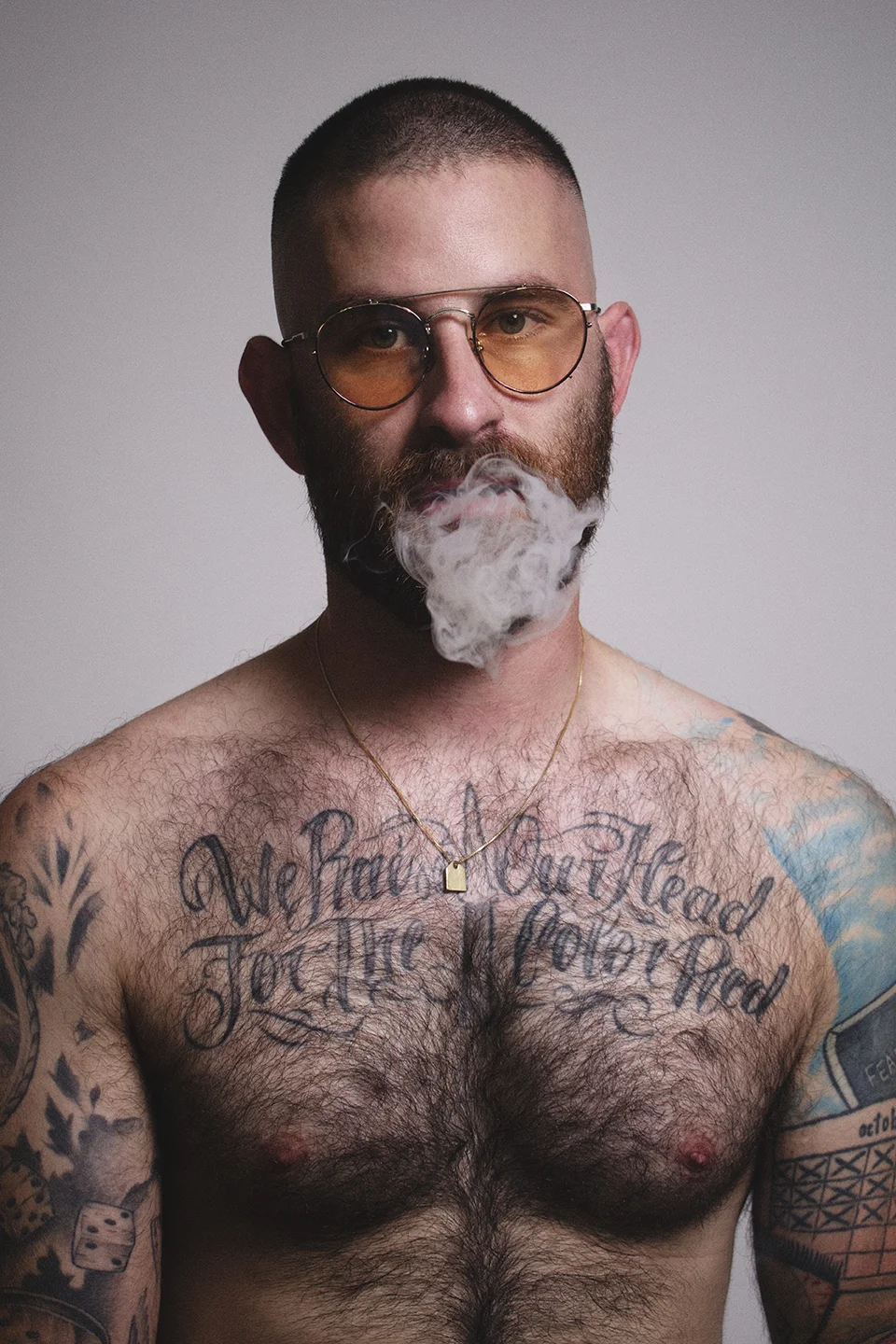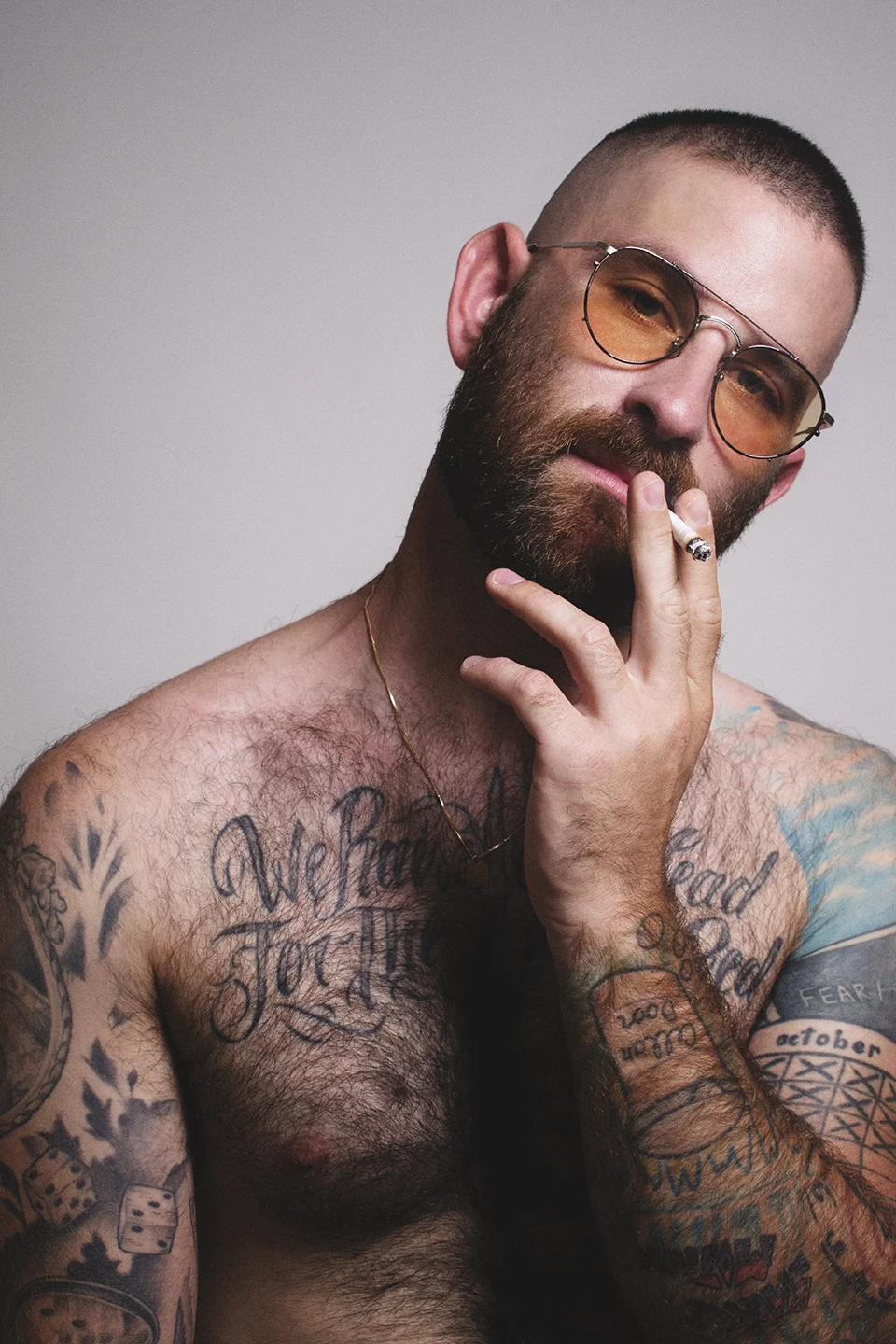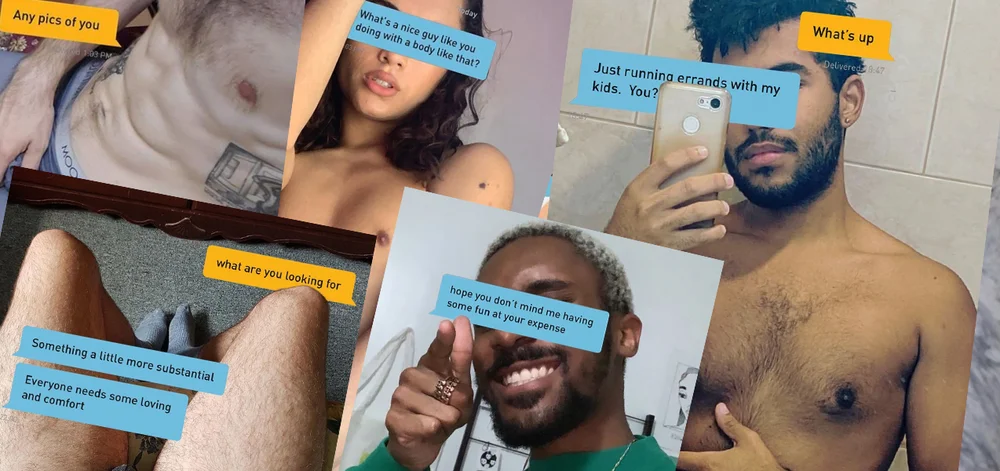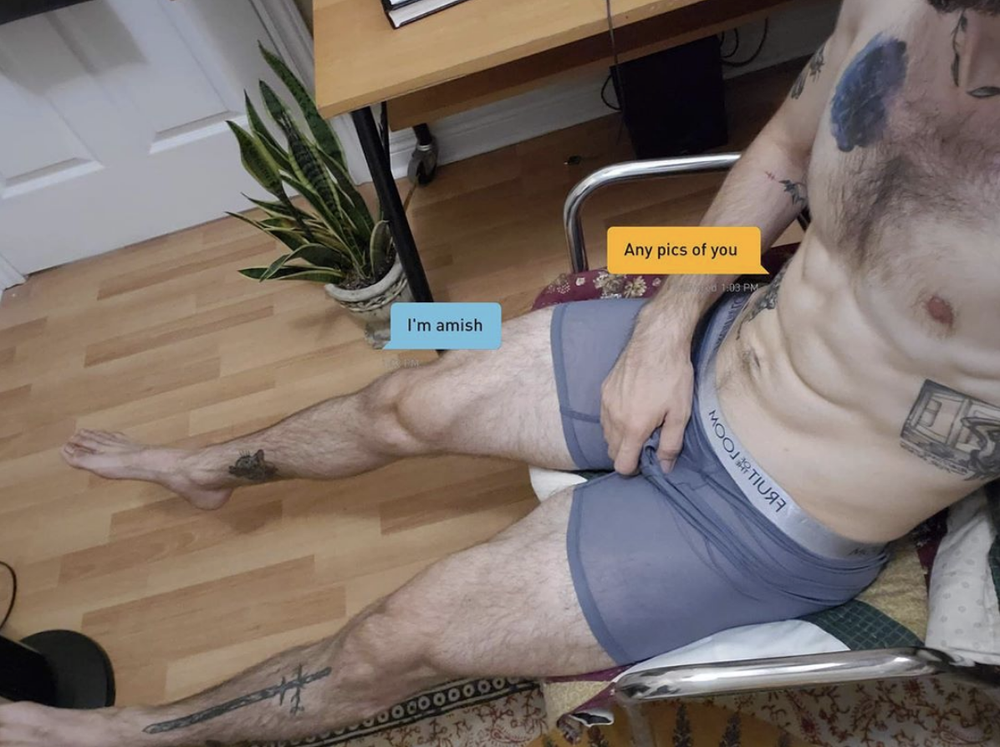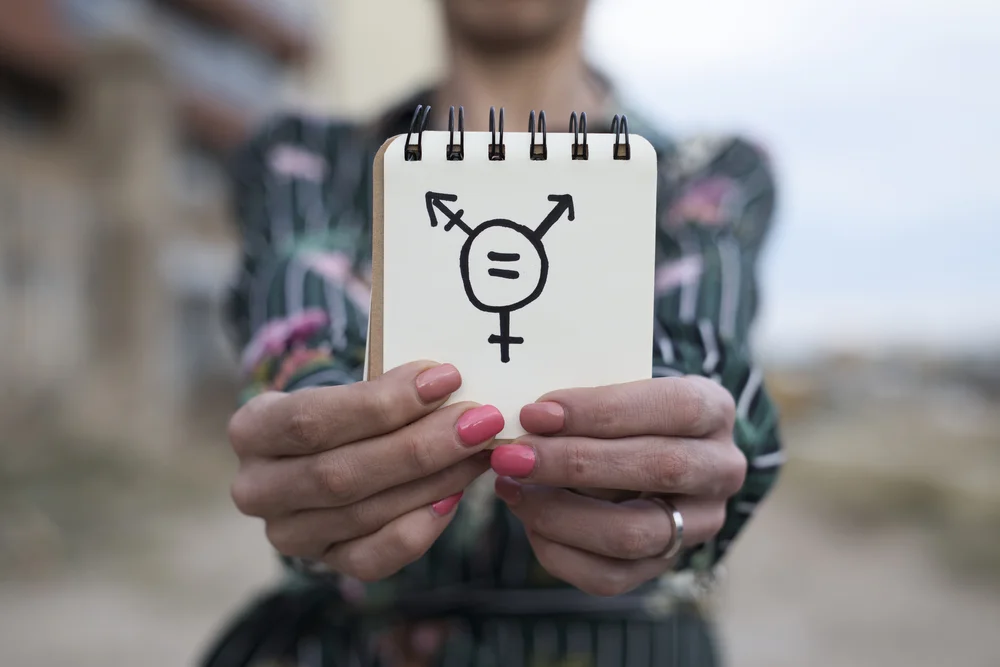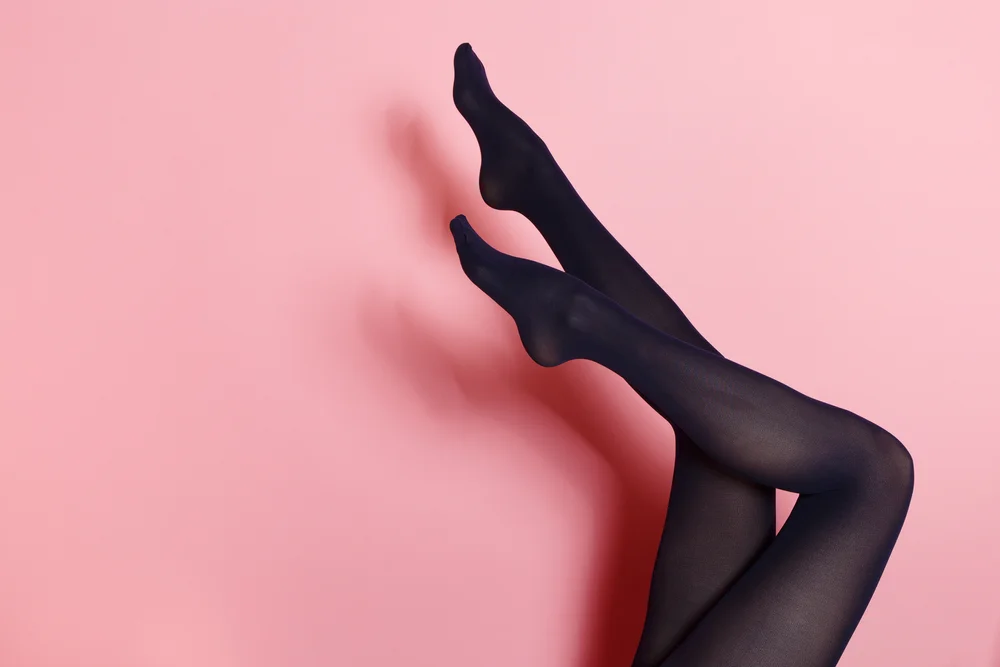
The hypersexualization of trans women in the media has painted harmful images in the minds of straight and gay people alike. The narrative of the pitiful, castrated transsexual is force-fed to us via blockbuster movies, award-winning television shows and--big surprise--pornographic films.
Don’t get me wrong, porn is awesome. It allows people to explore their likes and dislikes from the comfort and security of their own home. Trans-friendly porn is even better because it empowers trans sex workers to take control of their image, while also putting money directly in their pockets. In addition to it being a form of survival, porn provides trans people with the confidence to love their bodies, explore their sexuality, and reclaim power in a male-dominated industry. For trans and cis people alike, porn can ease the road toward sexual self acceptance. The problem comes in the way in which trans sex workers are manipulated by big-name porn companies to push an agenda that ultimately demonizes the lesser privileged members of the community.
For many men, porn has constructed the foundation on which their beliefs about trans women lie. Porn pushes an inaccurate agenda that ultimately leads to the mistreatment, harassment, and rape of trans women. It is a capitalistic industry that buys the minds of its customers and, in return, sells them falsities about the world and the people around them. Through it, men are conditioned to believe that trans women are tools of sexual pleasure as opposed to human beings. They assign machine-like qualities to the actresses in order to dehumanize them. Used to get the alpha male off, then violently discarded like a cum rag, the women in these films serve as *the* trans representation that is so apparently absent from cis men’s everyday lives.
It is no secret that the presence of toxic masculinity and fetish culture in porn has influenced negative attitudes toward trans women. 2019 has already seen at least 15 trans women killed at the hands of law enforcement officers, random street walkers, and trusted lovers. Many people in the trans community attribute the violence they experience to the negative tropes that are so prevalent in porn. Oftentimes, cis men use porn to satiate their lust for trans women, without adopting a true respect or appreciation for the women they sleep with. This reckless concoction of manipulation, ignorance, and insecurity almost always leaves the trans woman having to defend her emotions or, in more drastic cases, her life.
There is no telling how many murders go unseen, unheard, or unnoticed due to intimate partner violence. Men who violate trans women, out of fear or malice, tend to be craven in their desires. Systemic transphobia allows for them to get away with their reckless actions against trans women, due to the high rates of poverty and lack of job opportunities that plague the community. These are the women who are left defenseless and vulnerable as a result of living on the street. Sexual violence is a direct result of the heinously transphobic depictions of trans women throughout history. This makes things especially difficult for trans sex workers who have to deal with the most volatile behavior that cis men have to offer. Sometimes forced by these men to live up to the skewed expectations of a porn-minded society, trans women experience the violence that comes from fulfilling fantasies and providing pleasure. Body shaming and festishistic rhetoric are used as tools to promote the idea that trans women only exist to pleasure, and cannot be pleasured themselves.
Trans porn that is produced by a predominantly-cis group of executives often fails to recognize the fact that trans girls cum too. The focus is so often placed on the male actor’s orgasm that it almost becomes silly for them to consider their sexual partner’s pleasure. We are often portrayed as being passive participants in sex, letting our own pleasure take the backseat. Medically-transitioning trans women sometimes have to battle the conundrum of functionality, the ability to get up and get off, which sometimes leads to our partners completely disregarding our needs. But make no mistake: trans girls cum too! I have had many a ‘SMH’ moment with cis male sexual partners who completely disregard my desires or fail to inquire about what makes me feel good, because that’s what they see in the porn they watch. Yikes.
Trans-centric porn that promotes the individuality of our bodies, rather than subscribing us to restrictive archetypes or standards, helps to promote the idea that trans people can be active in their sexual practices, just as cis people are.
Additionally, trans women are held to much higher standards of beauty due to pornographic depictions. The women in these videos tend to embody the stereotypical porn star image of big boobs, large butts, and a generally “passable” appearance. These facets can undermine trans women who do not have access to these particular methods of transition, causing them to become a target. The women who do not fit this mold of acceptability are particularly vulnerable and are sometimes shamed for not looking, or being, “trans enough.”
All in all, porn can be used as a gateway for violence against trans women. It can feed the existent hatred that lies in the hearts, and in between the legs, of the cis men who lay with us. There’s nothing wrong with getting off to the image of a trans woman. In fact, I encourage it. We’re hot as hell! But don’t allow society to fuel your fabricated expectations of the trans women around you. Instead of feeding so heavily into the digital image of a hyper-sexualized trans narrative, trans-attracted people should just pursue open and honest relationships with us. Or just donate to our OnlyFans and keep it pushing.
—
Ivana Fischer is the Culture Editor of WUSSY and a film and media enthusiast who specializes in cultural studies. You can find her across all socials @iv.fischer






